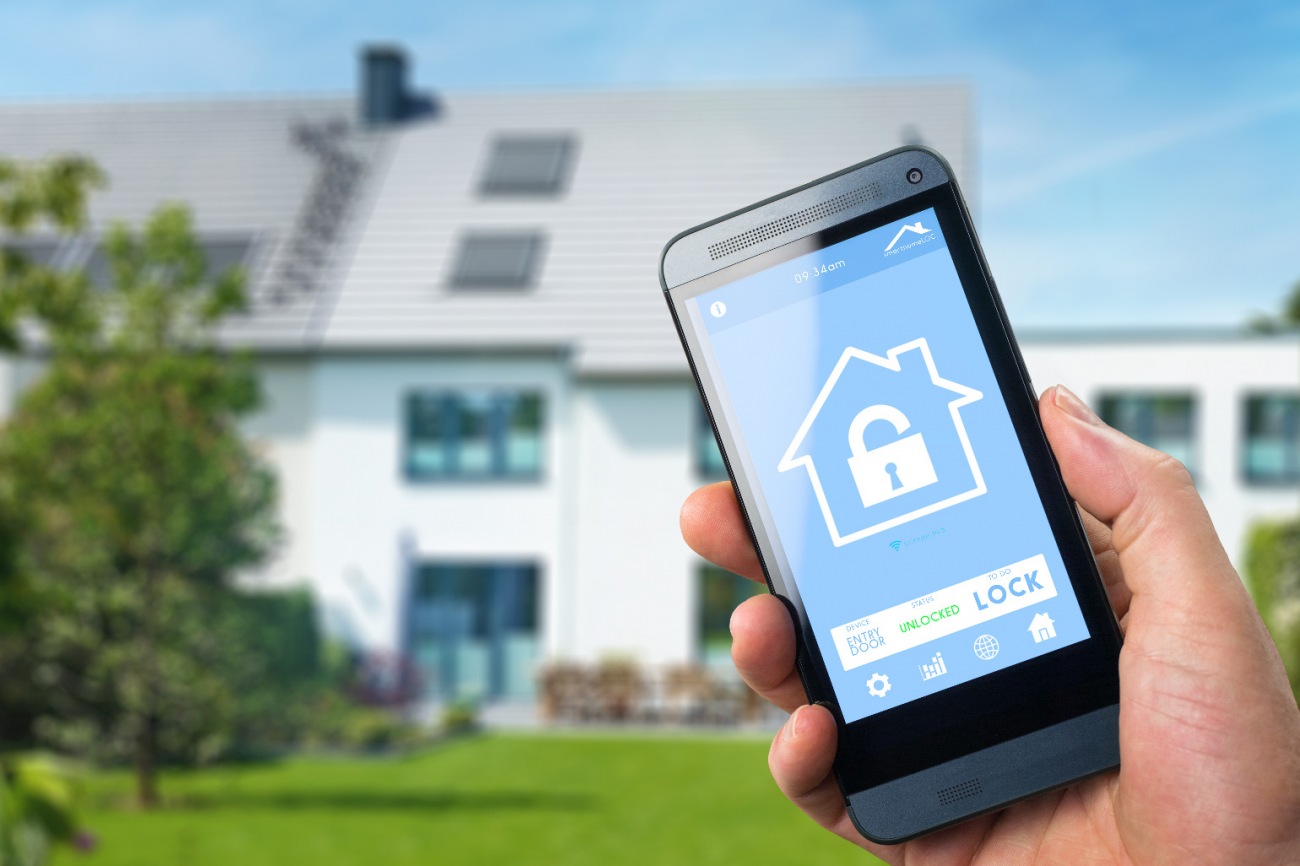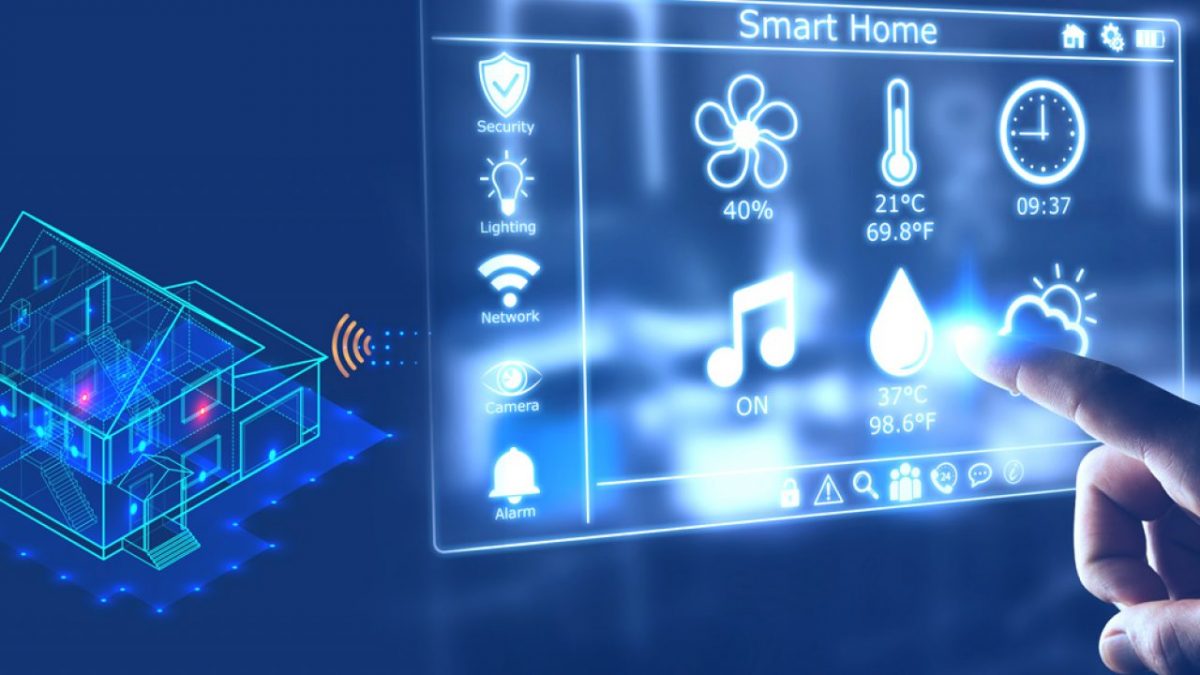In an era where environmental consciousness is at the forefront, adopting eco friendly smart home devices has become a pivotal step for both homeowners and businesses. These innovative technologies not only contribute to a sustainable lifestyle but also offer a host of benefits including energy savings, cost efficiency, and enhanced convenience. As the world shifts towards greener practices, integrating smart home devices designed with eco-friendliness in mind can significantly reduce carbon footprints and promote efficient resource usage.

The Importance of Eco Friendly Smart Homes
The integration of eco friendly smart home devices is more than just a trend; it is a necessary evolution in how we live. With rising concerns over climate change and dwindling natural resources, homeowners and businesses are under increasing pressure to adopt sustainable practices. Smart devices like thermostats, lighting systems, and energy-efficient appliances provide a seamless way to manage energy consumption, making it easier to maintain a balance between comfort and conservation.
For instance, smart thermostats can learn your schedule and adjust heating or cooling accordingly, reducing energy wastage. Similarly, smart lighting systems can automatically switch off lights in unoccupied rooms, significantly cutting down electricity use. These small changes can lead to substantial reductions in energy bills and a smaller environmental impact.
Key Features of Eco Friendly Smart Devices
Eco friendly smart home devices are engineered with features that ensure sustainability without compromising on functionality. One of the fundamental aspects of these devices is their ability to communicate and integrate with other systems in the home. This interoperability ensures that all devices work together to optimize energy usage efficiently.
Energy Monitoring and Management
One of the standout features of these devices is their ability to monitor and manage energy consumption. Devices such as smart plugs and energy meters can provide real-time data on how much electricity is being used, allowing homeowners and businesses to make informed decisions about their energy use. By identifying which appliances are energy hogs, users can take steps to reduce unnecessary usage.
Smart Water Management
Water conservation is another crucial area where smart home devices excel. Smart irrigation systems, for example, use weather forecasts to adjust watering schedules, ensuring that water is used efficiently and only when necessary. This not only conserves water but also ensures that plants and gardens are maintained without excess usage.
Why Businesses Should Invest in Smart Technology
For businesses, the adoption of eco friendly smart home devices presents opportunities for significant cost savings and operational efficiency. By implementing smart technologies, businesses can reduce their energy consumption, lower utility bills, and enhance their brand image as environmentally conscious entities.
Moreover, businesses can leverage data collected from these devices to improve their operations. For example, by analyzing energy usage patterns, companies can identify peak usage times and adjust their operations accordingly to minimize costs. In this way, smart technology not only contributes to sustainability but also drives business efficiency.
Getting Started with Eco Friendly Smart Homes
For those interested in transforming their homes or businesses into smart, eco-friendly spaces, the first step is to determine which devices will provide the most significant impact. A comprehensive guide to setting up your smart home can be found on Security.org, which offers valuable insights on choosing the right products and ensuring optimal integration.
Additionally, exploring resources such as the AI optimizing electricity consumption or understanding how to reduce bills with smart homes can provide further guidance on maximizing the benefits of these technologies.
Conclusion
In conclusion, the adoption of eco friendly smart home devices offers a pathway to sustainable living that benefits both individuals and businesses. By reducing energy and water consumption, these devices contribute to a greener planet while also providing financial savings and convenience. As more people embrace these technologies, the collective impact on the environment can be substantial, paving the way for a more sustainable future.

FAQ
What are the benefits of using eco friendly smart home devices?
These devices offer numerous benefits, including reduced energy consumption, lower utility bills, enhanced convenience, and a smaller carbon footprint.
How do smart home devices help businesses?
Businesses can benefit from smart devices by improving energy efficiency, reducing operational costs, and enhancing their environmental image.
What should I consider before setting up a smart home?
Consider compatibility between devices, the potential for energy savings, and the ease of integration with existing systems. Resources like the Smart Home Guide can provide valuable insights.

